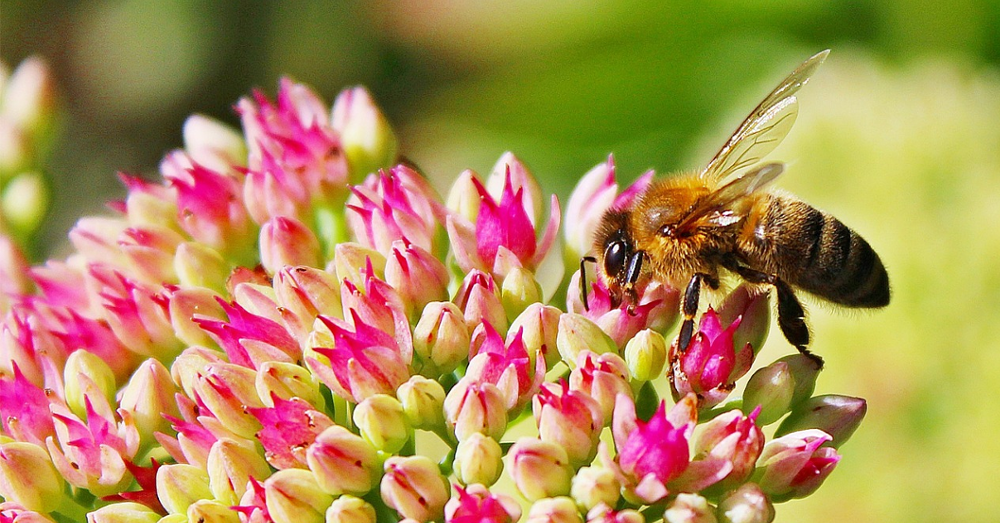
Largest Ever Neonicotinoid Pesticides Study Shows Massive Damage to Bees
The largest study so far on the fraught question of whether neonicotinoid pesticides harm bees is providing new ammunition for those who argue against the use of the controversial chemicals.
The large-scale field study found that overall, exposure to neonicotinoids harms bee populations. In particular, the pesticides reduce honeybees’ ability to survive their winter hibernation, say researchers.
June 30, 2017 | Source: Sustainable Pulse | by
The largest study so far on the fraught question of whether neonicotinoid pesticides harm bees is providing new ammunition for those who argue against the use of the controversial chemicals.
The large-scale field study found that overall, exposure to neonicotinoids harms bee populations. In particular, the pesticides reduce honeybees’ ability to survive their winter hibernation, say researchers.
“We’re showing significant negative effects at critical life-cycle stages, which is a cause for concern,” says Richard Pywell, who studies sustainable land management at the Centre for Ecology and Hydrology near Wallingford, UK, and is co-author of a paper resulting from the experiment, published on 29 June in Science.
However, the work was mainly funded by two major neonicotinoid makers, Bayer CropScience and Syngenta. They question the scientists’ conclusions and defend the pesticides, which are already banned or restricted in several countries. The researchers who did the work say they were totally independent.
